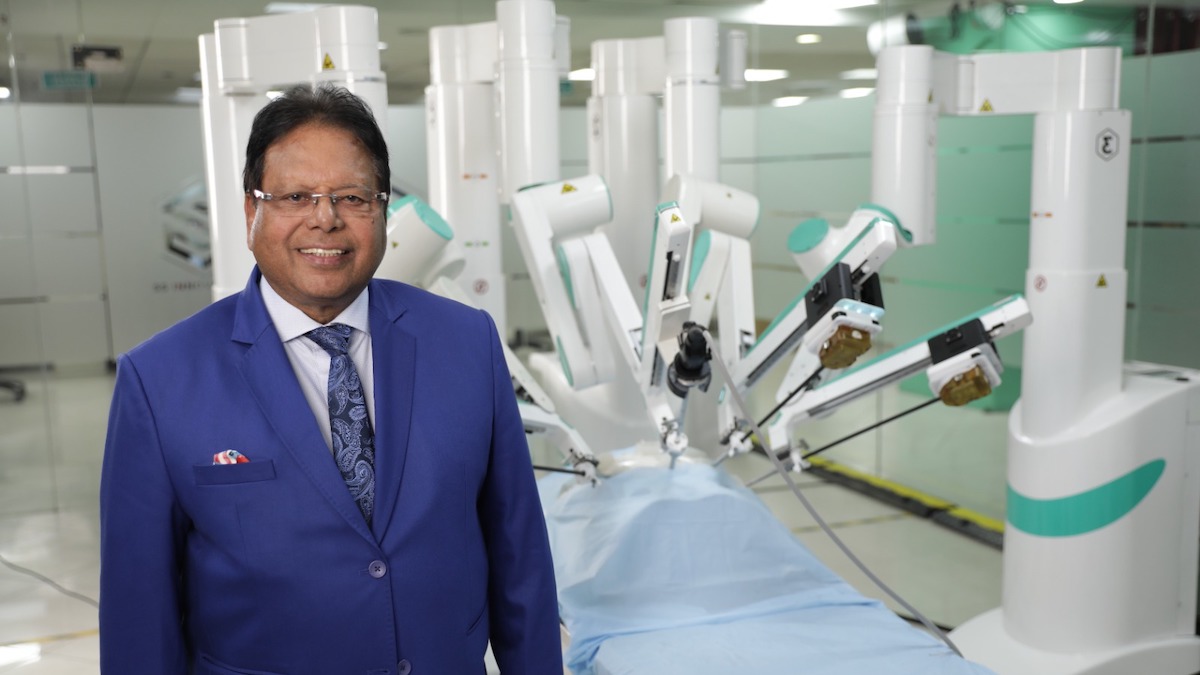New Delhi: Researchers at an Australian university have claimed that a “new technique” to detect early-stage cancer tumour cells in the blood using a malaria protein has been developed. The University of New South Wales (UNSW), Sydney and the University of Copenhagen jointly worked on the research led by the Australian varsity, the UNSW said in a statement.
“We have developed a method where we take a blood sample, and with great sensitivity and specificity we are able to retrieve the individual cancer cells from the blood.
“We catch the cancer cells in greater numbers than existing methods, which offers the opportunity to detect cancer earlier and thus improve outcome for patients.” UNSW professor Chris Heeschen was quoted as saying in the statement.
Hope is that this method, in which malaria protein VAR2CSA sticks to cancer cells, can be used as a “more effective” way to screen for cancer in the near future, he said.
The findings of Heeschen and his team were published recently in the journal ‘Nature Communications’, the university said.
According to the research, the new method can be used “more broadly to diagnose cancer” as it is not limited by cancer type. It also means all that is needed for a cancer diagnosis is a blood sample, the statement said.
Heeschen thinks the new technique could be available in the market within two years if a bio-diagnostic company were to take it on.
The latest research follows on from work done by researchers led by University of Copenhagen’s professor Ali Salanti, who discovered in 2015 a new method of treating cancer with the protein VAR2CSA produced by malaria parasites, the statement said.
“Previous methods to detect cancer in blood relied on detecting a particular marker found on the surface of tumour cells. However, not all tumour cells display this marker, which renders these methods unable to detect tumour cells spread to other organs such as the liver, lungs and bones,” it said.
The method based on the malaria protein “does not discriminate” between cancer types, and can detect all carcinoma cancers, accounting for 95 per cent of cancers detected in humans, the UNSW said.
During the development of the new method, the researchers took 10 cancer cells and added them to five millilitres of blood containing millions of red and white blood cells. Magnetic beads coated with the malaria protein were then added to the samples.
“The beads stick to the cancer cells only and can then be retrieved with a robotic machine that uses a strong magnet. This way, they were able to retrieve nine out of the 10 cancer cells which had adhered to malaria protein,” the statement said.
Heeschen said this was a “definitive result”.
“The malaria protein sticks to all cancer cells, with no exceptions. The 10th cell was probably missed due to technical limitations inherent to the retrieval technology,” he said.








